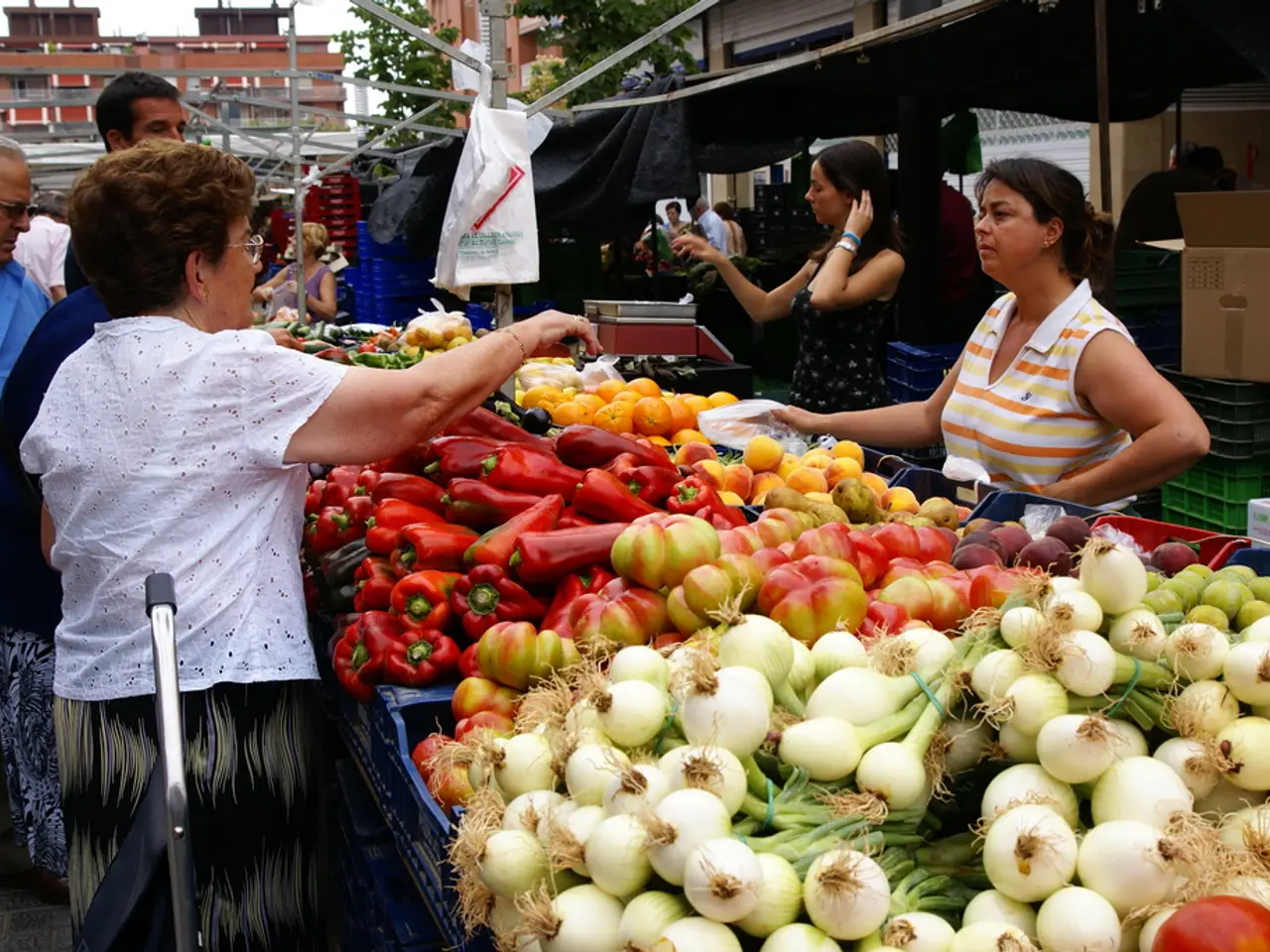Rising anticipations for a plastics accord as the timeline for continued negotiations is established
The United Nations Environment Programme (UNEP) has announced the extended session of the Intergovernmental Negotiating Committee (INC-5.2) meeting, scheduled to take place in Geneva, Switzerland from 5 to 14 August. This gathering marks a significant step forward in the global effort to curb plastic pollution.
In recent months, several countries have taken action to address this pressing issue. Malaysia, for instance, introduced a polluter-pays mandate in September, while the European Union implemented new packaging and waste regulation rules in February, aimed at reducing trash by setting binding reuse targets and restricting certain types of single-use packaging.
Extended producer responsibility (EPR) schemes are also gaining traction globally. Singapore, Indonesia, the Philippines, Vietnam, and Malaysia have approved either EPR or EPR-related legislation. The Philippines, interestingly, was the only Asian country to support the declaration calling for limits on the production of primary plastic polymers.
The upcoming meeting aims to forge a legally binding treaty to curb global plastics pollution. Michael Sadowski, executive director at nonprofit The Circulate Initiative, believes that policymakers and the plastics industry are building momentum towards greater accountability for corporates ahead of the August conference.
However, the positions of countries remain widely divergent, as shown in the August 2022 negotiations. While several governments supported the demand for limits on the production and use of harmful chemicals, key supporters pushing for stronger rules included environmental and progressive states advocating for comprehensive measures, some oil-producing states blocked stronger terms.
Doug Woodring, founder of Ocean Recovery Alliance, emphasises that the treaty is about pollution reduction, not the analysis of plastic production methods. He suggests that a document that aligns countries around a road of less pollution is preferable to one that might be disregarded due to being too stringent or against national objectives.
Yet, countries bearing the brunt of plastic pollution have protested these efforts. At the last INC-5 meeting, member states, including those from the Global South, fought back against less ambitious treaty proposals and released multiple text proposals calling for plastic production reduction.
The treaty discussions are taking place in the context of the Global Plastics Treaty and the United Nations Environment Programme (UNEP). If the talks are postponed again after August, Woodring suggests that the scope must be tightened and refocused on reducing pollution.
Over 100 countries have signed a declaration calling for caps on the production of primary plastic polymers. Sadowski hopes that INC-5.2 will be the final set of negotiations and that the gavel will go down on an ambitious treaty. No one wants or supports plastic pollution, regardless of the country they come from, according to Woodring. The hope is that the Geneva talks will mark a turning point in the global fight against plastic pollution.








